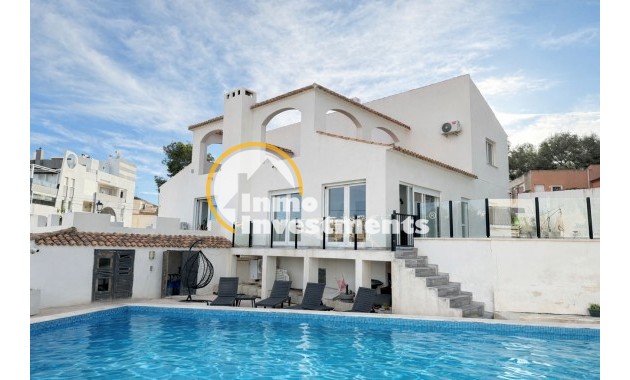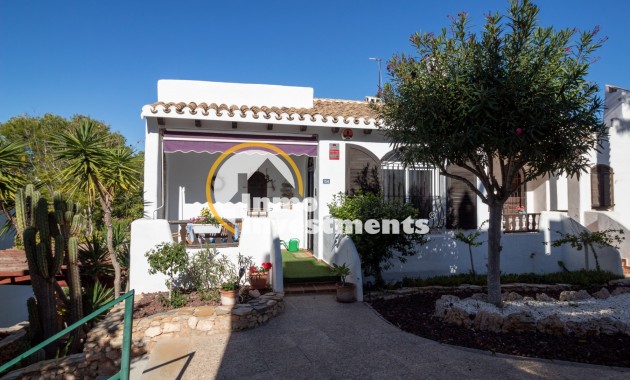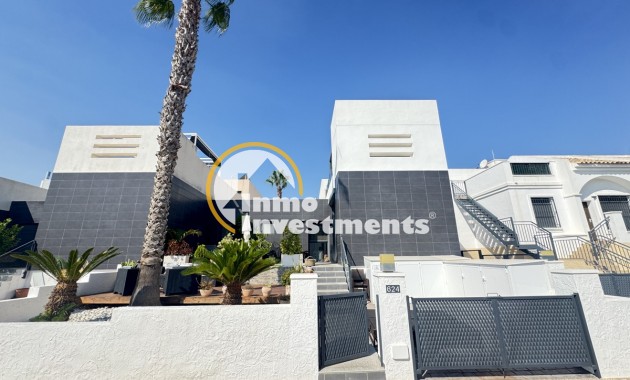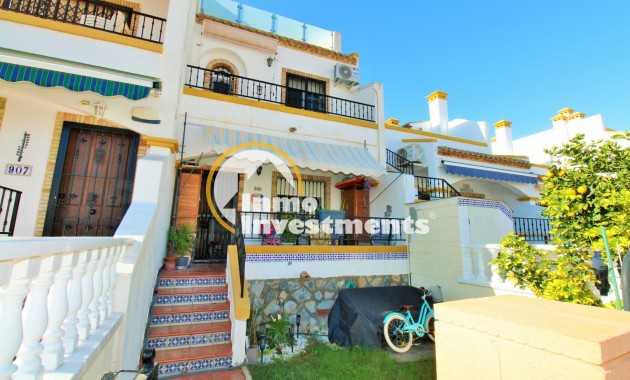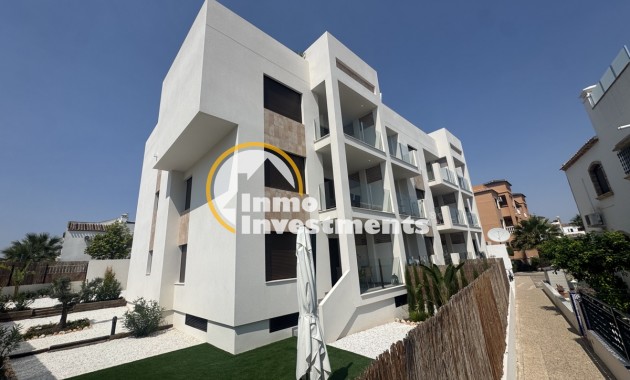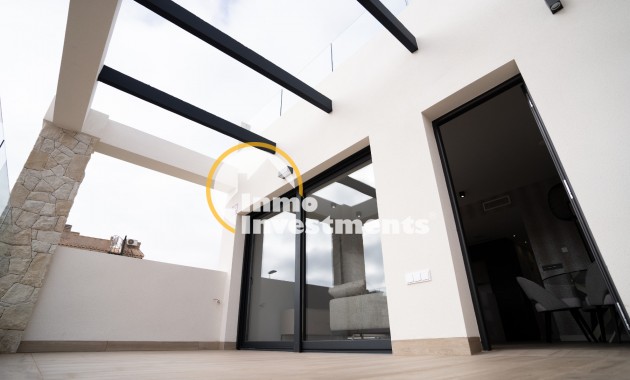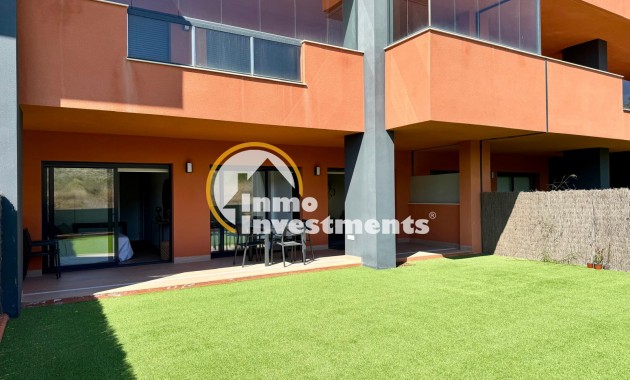The complete guide to the Non-Lucrative Visa in Spain
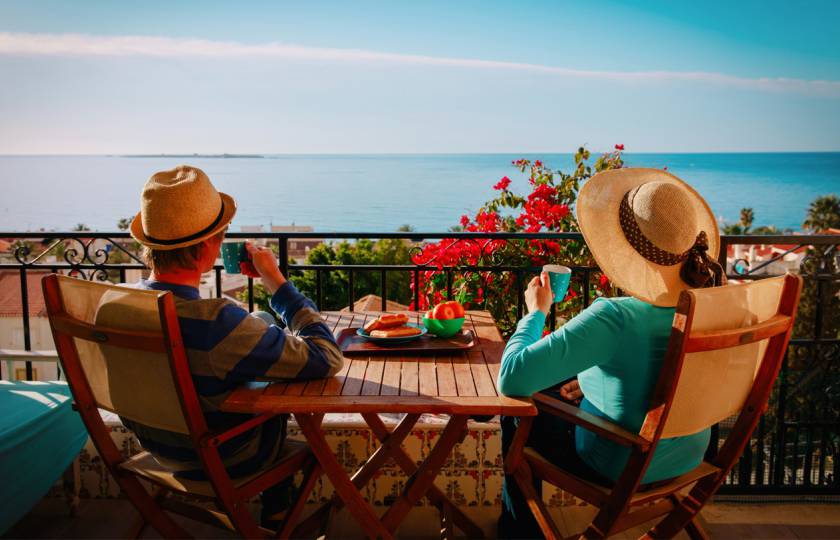
The Legal Requirements, Costs, and Application Process
SPAIN HAS ALWAYS been a popular destination for ex-pats and retirees from Northern Europe, thanks to its vibrant culture, world-renowned cuisine, and sunny climate.
One way to legally reside in the country is by obtaining a Non-Lucrative Visa, which is designed for individuals who wish to live in Spain without engaging in any professional or commercial activities.
The visa allows third-country residents, including British residents and UK nationals, to reside permanently in Spain and allows stays longer than 90 days.
In this article, we will outline the legal requirements for obtaining a Non-Lucrative Visa in Spain and guide you through the application process.

What is a Non-Lucrative Visa?
A Non-Lucrative Visa, also known as a "residencia no lucrativa" or "non-profit visa," is a type of long-term Spanish visa granted to foreign nationals who can support themselves financially without working in Spain.
This visa is ideal for retirees, remote workers, or individuals who have passive income sources, such as investments or rental properties.
It allows them to reside in Spain for a year, and it can be renewed for two additional two-year periods, after which the visa holder may apply for permanent residency.
What are the legal requirements?
To be eligible for a Non-Lucrative Visa, applicants must meet the following legal requirements:
Proof of financial means: Applicants must demonstrate sufficient financial resources to support themselves and any dependents for the duration of their stay in Spain.
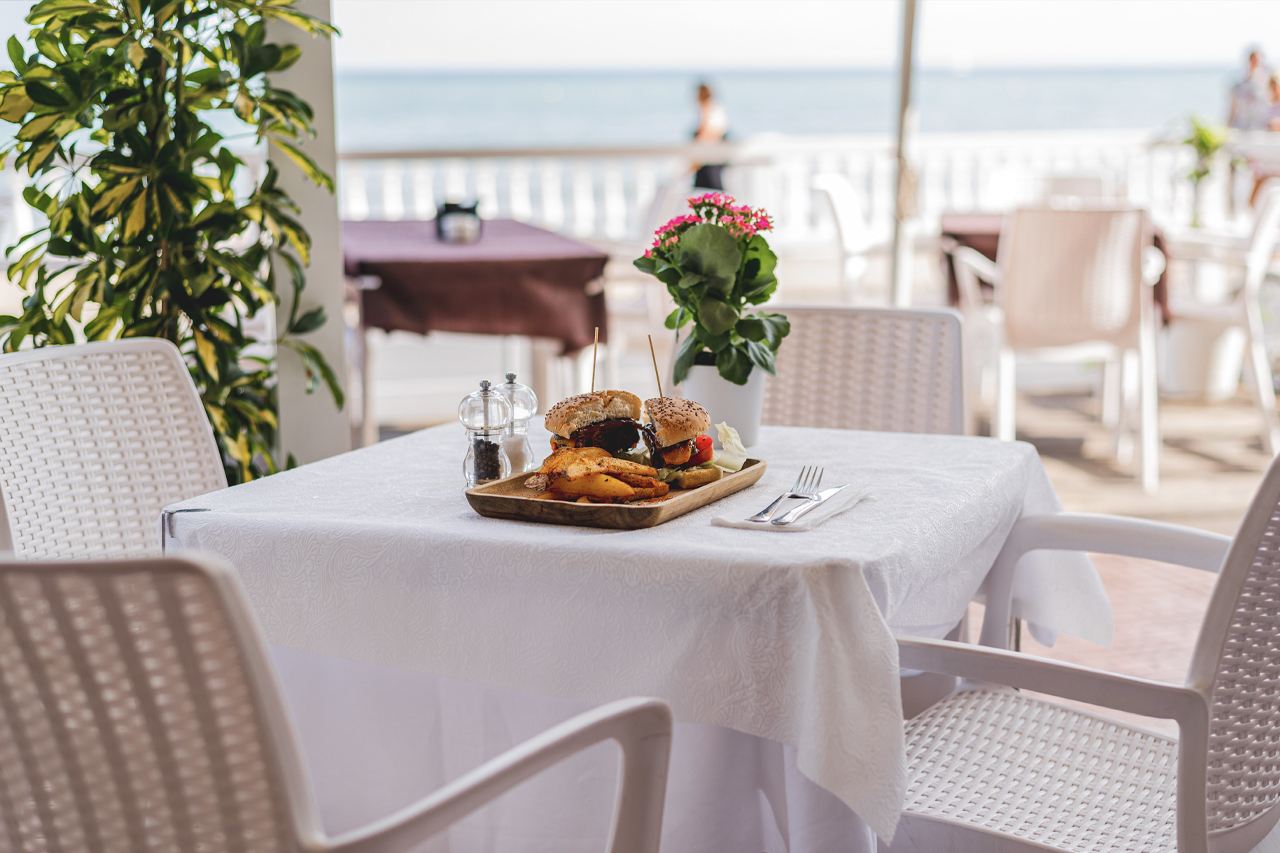
How much money do you need to get a Non-Lucrative Visa in Spain?
The minimum amount required is approximately 400% of the IPREM (Public Indicator of Multiple Effect Income), which is slightly less than 29.000€ for the main applicant and an additional 7.200€ for each dependent partner or child.
Health insurance: Applicants must have comprehensive private health insurance coverage from a Spanish company, or an international company with coverage in Spain.
No criminal record: Applicants must provide evidence of a clean criminal record from their home country for the past five years.
Medical certificate: Applicants must submit a medical certificate issued by a licenced doctor or registered medical professional stating that they are free from any contagious diseases or conditions that could pose a threat to public health.
No previous denial of entry: Applicants must not have been denied entry into Spain or any other Schengen Area country in the past.

The application process, how do you apply for a Non-Lucrative Visa?
The visa application process involves the following steps:
Gather required documents: Prepare all the necessary paperwork, which includes a completed application form (EX-01), a valid passport, proof of financial means, health insurance, a medical certificate, a criminal records certificate, and any required documents for dependents, such as marriage or birth certificates.
Legalisation and translation: Some documents, like criminal records and medical certificates, must be translated into Spanish by a sworn translator and legalised by a Notary.
Submit the application: Applicants must submit their application in person at the Spanish Consulate or embassy in their home country. It is essential to book an appointment well in advance since appointment slots can fill up quickly.
Pay the visa fee: The Non-Lucrative Visa fees and costs vary depending on the applicant's nationality but typically range from 60€ to 120€.
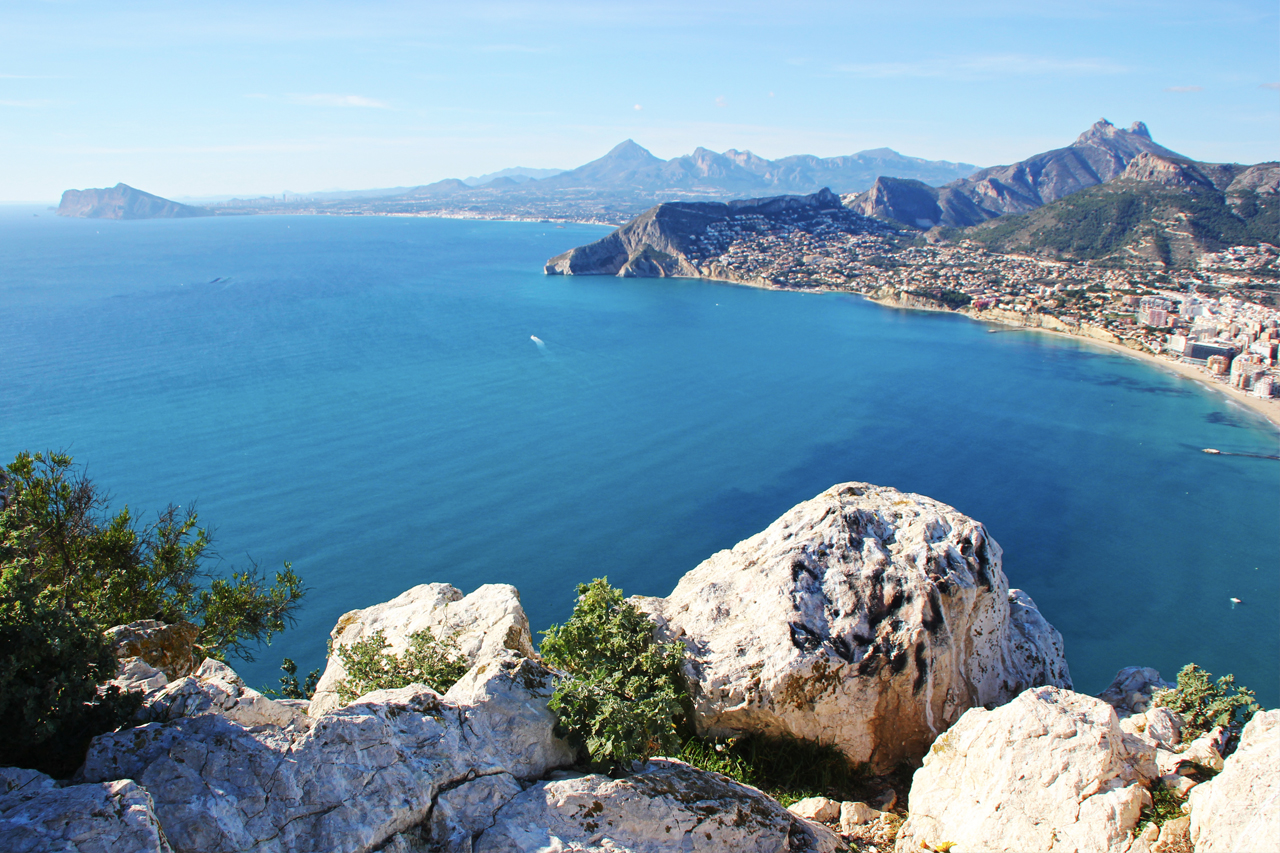
Wait for approval: The processing time for a Non-Lucrative Visa application can take anywhere from 1 to 3 months. Once the application is approved, the applicant will have one month to collect the visa from the Spanish consulate or embassy.
Register with local authorities: Upon arrival in Spain, visa holders must register with the local authorities and obtain their Foreigner Identity Card (TIE) within 30 days.
Renewal: Non-Lucrative Visa holders must renew their visa before it expires. The first renewal is valid for two years, and the second renewal is also valid for two years. After five years of continuous residency, visa holders can apply for permanent residency.
Alternatively, find out more about the Spanish Golden Visa, a path to Spanish residency through business or property investment.









 Previous
Previous 
